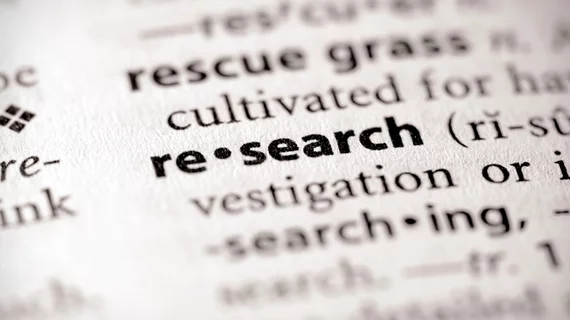AI research on photo quality could work wonders for medical imaging
Researchers have shown that they can use artificial intelligence (AI) to restore low-quality photos by exposing a neural network to only other low-quality photos, according to work presented at the International Conference on Machine Learning in Stockholm.
The research was developed by representatives from Nvidia, a Santa Clara, California-based technology company, the Massachusetts Institute of Technology in Cambridge, Massachusetts, and Aalto University in Greater Helsinki, Finland. The team was able to clean up “grainy” photos by using deep learning to train the neural network with more than 50,000 example images, as explained in a news release from Nvidia.
As the authors explained, their work has potential to be used in numerous industries, including radiology.
“There are several real-world situations where obtaining clean training data is difficult: low-light photography (e.g., astronomical imaging), physically-based rendering, and magnetic resonance imaging,” wrote author Jaakko Lehtinen, an associate professor at Aalto University, and colleagues. “Our proof-of-concept demonstrations point the way to significant potential benefits in these applications by removing the need for potentially strenuous collection of clean data. Of course, there is no free lunch—we cannot learn to pick up features that are not there in the input data—but this applies equally to training with clean targets.”
More information on Nvidia’s research on deep learning is available here.

